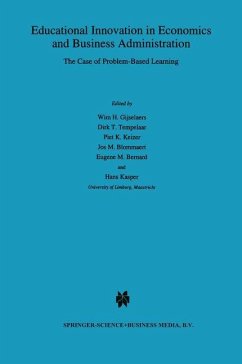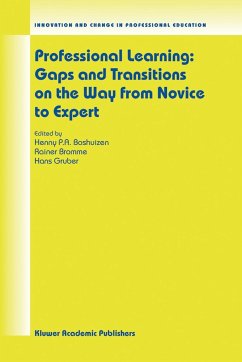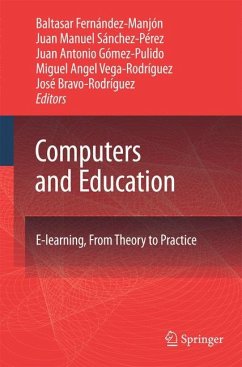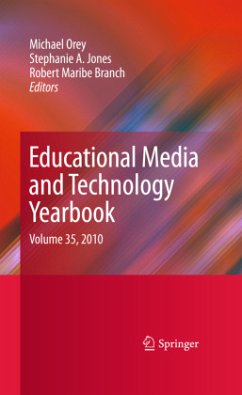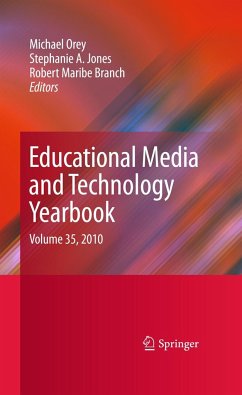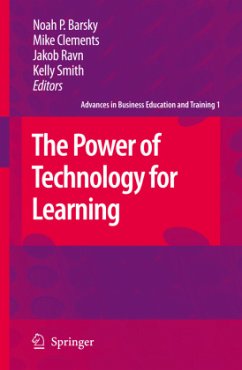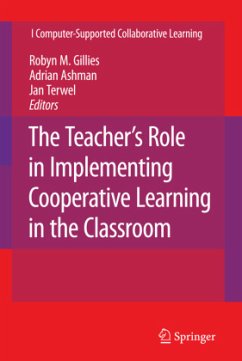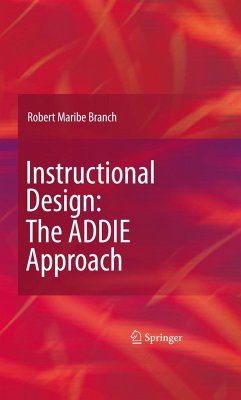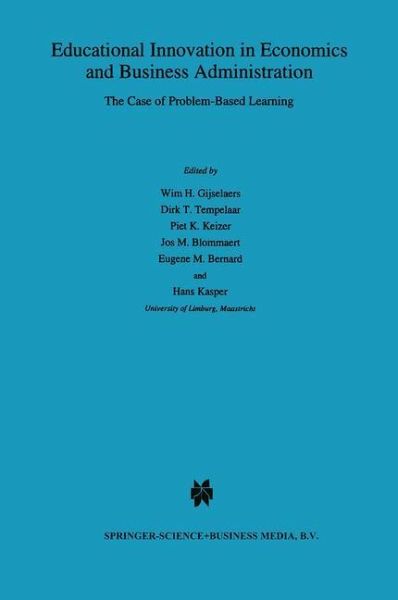
Educational Innovation in Economics and Business Administration:
The Case of Problem-Based Learning
Herausgegeben: Gijselaers, Wim H.; Tempelaar, Dirk T.; Keizer, Piet K.; Blommaert, Jos M.; Bernard, Eugene M.; Kasper, Hans

PAYBACK Punkte
77 °P sammeln!
During the last few years economics and business education have emerged as one of the largest fields of study in higher education. At the same time, the pressing concern for improving the quality of higher education has led to a definite need for more knowledge about effective instruction and innovation in economics and business education. The book brings together many examples of reform in economics and business education. Special attention is paid to the problem-based learning approach, which over the past ten years, has developed as a very important innovation in higher education. The boo...
During the last few years economics and business education have emerged as one of the largest fields of study in higher education. At the same time, the pressing concern for improving the quality of higher education has led to a definite need for more knowledge about effective instruction and innovation in economics and business education.
The book brings together many examples of reform in economics and business education. Special attention is paid to the problem-based learning approach, which over the past ten years, has developed as a very important innovation in higher education.
The book contains contributions from a variety of institutions on the necessity of curriculum reform, the choice of instructional methods, assessment and testing, and management of change.
It is of interest for teachers in higher education, educational psychologists, and any person interested in educational innovation in economics and business administration.
The book brings together many examples of reform in economics and business education. Special attention is paid to the problem-based learning approach, which over the past ten years, has developed as a very important innovation in higher education.
The book contains contributions from a variety of institutions on the necessity of curriculum reform, the choice of instructional methods, assessment and testing, and management of change.
It is of interest for teachers in higher education, educational psychologists, and any person interested in educational innovation in economics and business administration.





